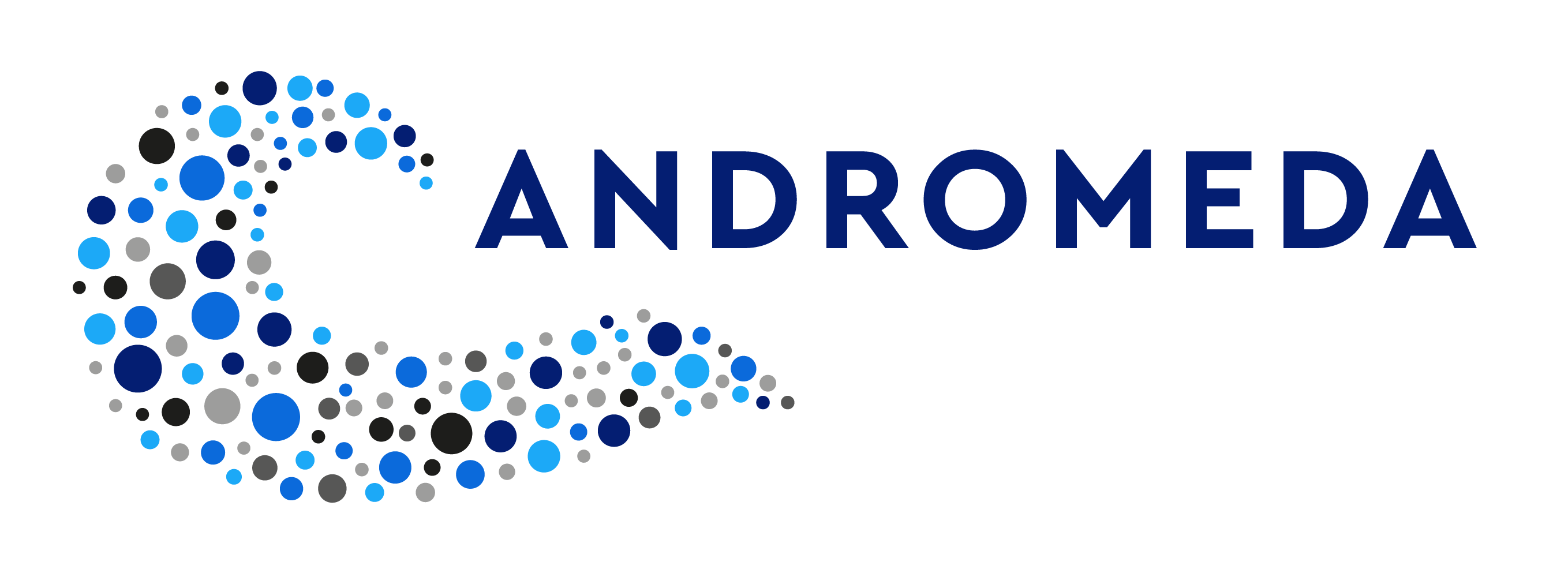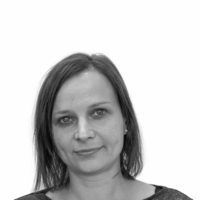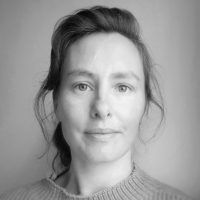
ANDROMEDA

- Title
-
ANDROMEDA
- Start Date
-
June 2020
- End Date
-
May 2023
- Funding Body
-
Joint Programming Initiative: Healthy and Productive Seas and Oceans (JPI Oceans)
- Project Coordinator
-
Dr Richard Sempéré, Université d’Aix-Marseille, France
- Project Partners
-
Institut Méditerranéen d’Océanologie, Université d’Aix-Marseille (MIO), Flanders Research Institute for Agriculture, Fisheries and Food, Aquatic Environment and Quality (ILVO), Ifremer, ODE/LER-PAC, Sintef Ocean AS, Environment and New Resources, Norwegian Institute for Air Research, Environmental Chemistry (NILU). Flanders Marine Institute (VLIZ), University of Malta, Geosciences, University of Gothenburg, Marine Sciences, Helmholtz Centre for Environmental Research, Dept of Analytical Chemistry, University College Cork, MaREI, Environmental Research Institute, Spanish Institute of Oceanography, Tallinn University of Technology, Department of Marine Systems, McGill University, Chemical Engineering, Wageningen University, Aquatic Ecology & Water Quality Management, Merinov.
- Research Area
- Website
Introduction
The JPI Oceans-funded ANDROMEDA project brings together a multidisciplinary consortium of 15 international partners to improve the quantification of nanoplastics and microplastics in our oceans and seas. ANDROMEDA will develop new sampling and advanced analysis methodologies that focus on smaller microplastic (< 10 μm) and nanoplastic (<0.2μm) particles to enable improved risk assessment of plastic pollution, along with in situ techniques and cost-effective measurement methods for improving the efficacy and efficiency of microplastic monitoring.
Aims
- Achieve cost-effective analysis of microplastics by in situ-methods and low-cost laboratory analysis, including efficient sampling
- Develop and optimise advanced techniques to measure and quantify small and challenging types of microplastic particles
- Investigate the degradation and fragmentation mechanisms of plastic into micro- and nanoplastic particles
- Study the release of additive chemicals during the fragmentation and degradation processes
- Disseminate project results and developed protocols to a range of audiences, including public authorities, the private sector, academia and the general public
Work Packages
WP1: Project Management Lead: Richard Sempéré, MIO
WP1 comprises project coordination and will facilitate the integration of activities across different work packages while also taking charge of the day-to-day administrative and financial management of the project. ANDROMEDA will be led by Richard Sempéré, MIO, in close cooperation with WP leaders, the steering committee and the advisory board. This work package will ensure the exchange of data, information and materials between the partners, the in-kind partners and the members of the advisory board.
WP2: In-Situ & Cost-Effective Methods Lead: Bavo De Witte, ILVO
WP2 will optimise or develop a platform of validated in-situ and cost-effective sampling and analysis methods for detecting and quantifying microplastics in environmental samples, including the matrices water, sediment, biota and air. Cost-effective analyses will be based on hyperspectral imaging, chemical markers and fluorometric methods applied in-situ or within the laboratory. Cross-validation is a central theme of WP2.
WP3: Advanced Analytical Techniques Lead: Andy Booth, SINTEF Ocean AS
The overall aim for WP3 is to develop a toolbox of coherent and complementary analytical instrumental methods and workflows, to consistently and reliably detect, identify, quantify (mass/number), and characterise microplastics and nanoplastics in environmental samples. WP3 will push the limits of current methods to characterising MP with a 1 μm filter pore size and develop specific combinations of analytical tools for the determination of Tyre Wear Particles (TWPs), synthetic fibres, and paint flakes.
WP4: Natural and Accelerated Degradation Lead: Richard Sempéré, MIO
WP4 aims to study microplastic (including tyre wear particles, fibres and paint flakes) degradation under laboratory conditions in parallel with field degradation to gain knowledge about degradation processes in the marine environment. WP4 focuses on studying how key environmental parameters (microbiology, solar radiation, temperature, hyperbaric and sediment environments) and their complex interactions influence both plastic and microplastic degradation in the marine environment, leading to sedimentation, fragmentation, nanoplastic formation, and elemental/molecular release. Results from WP4 will feed into work undertaken in WP2 and WP3.
WP5: Communication & Stakeholder Engagement Lead: Kathrin Kopke, MaREI, UCC
WP5 will communicate project activities and outputs in support of the United Nations Decade of Ocean Science for Sustainable Development (2021-2030) and the 2030 Agenda for Sustainable Development. The focus is on commitments relating to Marine Litter (SDG 14). WP5 will employ several tools and approaches to share information with WP leads and project partners to ensure project results and outputs are communicated in a scientifically robust manner using the most appropriate means to reach intended audiences and directly engage key stakeholders.
Outputs
- Workshop 1 : Kopke K., Meyers N., Dozier A., Fitzgerald E., Power O-P., Agnew S., Everaert G., De Witte B., (2023). Scientist Perspectives on the Cost-Effectiveness of Microplastic Analysis Methods for Seawater Samples: ANDROMEDA Workshop 1 Event Summary & Participant Recommendations on Cost-effectiveness. JPI Oceans project.
- Workshop 2 : Kopke K., Meyers N., Dozier A., Fitzgerald E., Power O-P., Agnew S., Sempéré R., (2023). Policy & Decision Makers Perspectives on the Cost-Effectiveness of Microplastic Analysis Methods for Seawater Samples: ANDROMEDA Workshop 2 Event Summary & Participant Recommendations on Cost-effectiveness. JPI Oceans project.
Engagement and Outreach
Twitter – @Andromeda_EU






